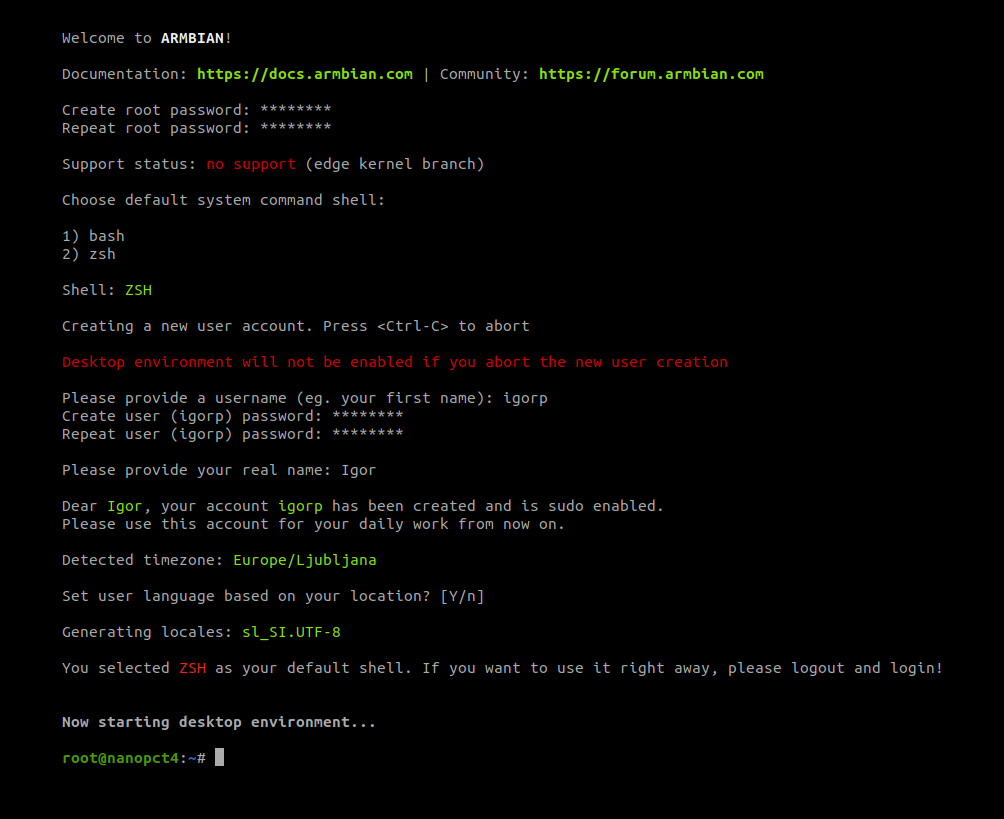The TMDS62LEVM evaluation module (EVM) is designed for low-cost & performance optimized AM62L family of application processors. The AM62L has scalable Arm® Cortex®-A53 core performance and embedded features such as: Multimedia DSI support, integrated ADC on chip, advanced lower power management modes, and extensive security options for IP protection and secure boot. The AM62L family of devices supports development with Linux® and FreeRTOS™. The TMDS62LEVM includes an extensive set of peripherals that make it a well-suited general-purpose device for a broad range of industrial applications while offering intelligent features and optimized power architecture as well. In addition, the extensive set of peripherals included in the AM62L enables systemlevel connectivity, such as: USB, MMC/SD, OSPI, CAN-FD and an ADC and other interfaces to facilitate easy prototyping. Additionally, it features two on-board temperature sensors for monitoring SoC and LPDDR4 thermal conditions.
Features
- Processing: AM62L Dual 64-bit Arm Cortex-A53 up to 1.25GHz” Display: DSI display connector, HDMI connector for external display
- Connectivity: Two Gigabit Ethernet RJ45 connectors, One Type-A USB 2.0, One Type-C dual-role device (DRD) USB 2.0 for USB booting,
- Four universal asynchronous receiver-transmitters (UARTs) via USB 2.0-B, M.2 connector for WiFi/BT module, Three MCAN headers, ADC header, GPIO expansion connector, Onboard XDS110 Joint Test Action Group (JTAG) emulator
- Memory:2GB LPDDR4 16-bit wide, data rates up to 1600 MT/s, 32GB eMMC flash memory, 512 Mb Octal serial peripheral interface, 1Gb Quad serial peripheral interface (QSPI), removable microSD
Fast, verified download & flash (recommended)
Armbian Imager is a lightweight, native flashing tool that supports both selecting and downloading an Armbian image before flashing, as well as flashing an already downloaded image.
Different images? Missing features? -> Download SDK Looking for compatible accessories? Want to participate in development?
Dedicated applications images with Armbian Linux v6.12
Build Date: Feb 22, 2026
| Distro | Application | Torrent | Integrity | Size | ||||||
| Kali Linux | SHA | ASC | 527.5 MB | |||||||
| Home Assistant | SHA | ASC | 522.1 MB | |||||||
| OpenMediaVault | SHA | ASC | 433.8 MB | |||||||
| OpenHab | SHA | ASC | 1.2 GB | |||||||
| * 3rd party unofficial applications deployment made with official Armbian build framework. Application support is not provided by Armbian team, but you are welcome to use our community forums for support. | ||||||||||
Specifications
* Specifications differ from hardware revision, model and software support level
FAQs
- check previous images from archive
- join community forums
Simple
BASH or ZSH shell, standard Debian/Ubuntu utilities. Features can be adjusted with menu-driven utility. Login is possible via serial, HDMI or SSH.
Universal
Minimal, server or Desktop. We work with XFCE, Gnome and Cinnamon but more is possible to build: Mate, KDE, Budgie, Deepin, i3, …
Light
No bloatware or spyware. Special utilities are completely optional. Suitable for newcomers and professionals.
Optimized
Distributed images are optimized for flash media (SD/eMMC/SSD) and compacted to real data size.
Fast
Armbian is optimized on kernel and userspace level. ZRAM & ZSWAP support, browser profile memory caching, garbage commit delay.
Secure
Security level can be adjusted with the armbian-config. OS is reviewed by professionals within the community.
Supported
Maintainers and community have deep understanding how HW work. We are seniors with 30+ years of experience in Linux + embedded Linux.
Open
Armbian provides open source build framework to build a distribution of optimised Linux hardware interface for armhf, aarch64 and x86.
We provide a selection of images that fits hardware best. If you need different image – use build framework and make whatever you need. Build framework relies on Debian and Ubuntu packages – you can build any combination – stable, old stable or rolling release.
Minimal images have very small footprint. They come only with essential packages and build-in systemd-networkd while CLI server images have Network Manager based networking, armbian-config utilities, option to select ZSH as default shell.
Make sure you have a good & reliable boot media (SD card / USB key) and a proper power supply. Archives can be flashed with Etcher (all OS) directly.
Insert the SD card into the slot, connect a cable to your network if possible or a display and power your board. (First) boot (with DHCP) takes a bit longer.

Support is provided in one of two ways:
- Free support is provided via general project search engine, documentation, community forums or IRC/Discord. Keep in mind this is mostly provided by our awesome community members in a best effort manner and therefore there are no guaranteed solutions.
- For commercial or prioritised assistance:
- book a an hour of professional consultation,
- consider becoming a project partner.
- Reach us out at https://armbian.com/contact,
Rolling releases images with Armbian Linux v6.12
Build Date: Feb 22, 2026
| Distro | Variant | User space | Kernel | Torrent | Integrity | Size | |
| Minimal / IOT | rolling | 6.12.57 | SHA | ASC | 328.8 MB | ||
| Gnome | stable | 6.12.57 | SHA | ASC | 1.1 GB | ||
* The torrent option is recommended, as it will likely maximize your download connection speed.
Rolling releases are suitable for Linux enthusiasts who want cutting edge packages and have the skills to fix damage that a bad update might cause. If you want stability in a production environment or low headaches as a novice user, skip rolling releases.
They are only at, build and ship, Debian testing / Arch / Manjaro / Suse Tumbleweed / Kali / Gentoo support quality level!



